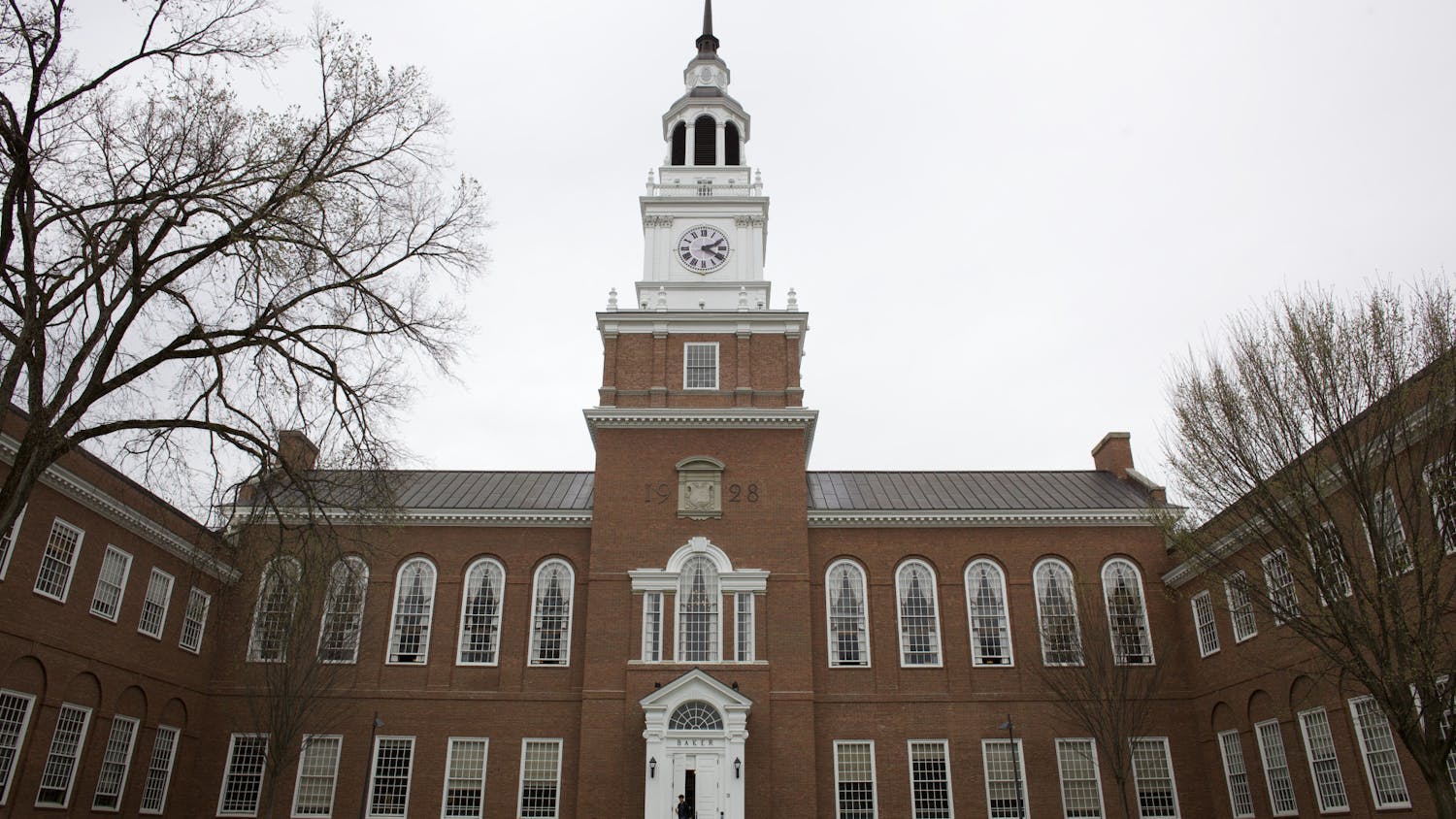The management consulting firm McKinsey and Co., hired in the fall by Dartmouth to assess and help improve the effectiveness of the College administration, released the executive summary of their final report Wednesday. In the report, they recommended that, among other things, the administration strive to improve the transparency of its goals, consolidate some administrative offices and make budgeting for administrative services consistent with College goals. The report also said that the College needs to hold departments and individuals more accountable for performance.
According to McKinsey consultant Liz Lempres '83 Th'84, the burden on the administration will continue to grow in the coming years as the demands of the student body and of the faculty consistently increase. Thus, she said, McKinsey's advice focused on helping the administration implement a process that will help it see when and how it needs to adjust, now and in the future.
"What you want to do is create an administrative model that allows you to take on greater service levels required by the students and the faculty without having to expand the administrative base," she said.
McKinsey's investigation found that the College's "organizational structure has become more complex," and, as a result, students, professors and staff often have trouble figuring out "who to call or how to move a project forward."
Many of the of the College's administrative offices are interlinked, due to Dartmouth's increased institutional complexity, which can make it difficult to coordinate in pursuit of the College's goals.
Lempres said that, given these interlinked departments, Dartmouth needs to implement a process to make the needs and burdens of each office clear to the rest of the administration. This communication is what the report means by "transparency," she said.
The report identified confusion over the roles of the offices of Institutional Diversity and Equity and Human Resources as an example of inadequate communication. McKinsey recommended that Human Resources should focus on "reestablishing" its image as a support and service organization for Dartmouth employees while Institutional Diversity and Equity should focus on diversity and transition personnel-related functions such as childcare to Human Resources.
In a letter to the Dartmouth community, College President James Wright expressed his intentions to examine how the administration could improve communication, to encourage budget managers to "think differently" about how to meet our institutional priorities and to consider how administrative reorganization could improve coordination of projects and operations.
Despite McKinsey's recommendations to consolidate various administrative offices -- such as combining the College's three institutional research offices into one body under the Provost Office -- Lempres said that McKinsey did not look for or find opportunities to downsize the number of administrative employees.
"We were not hired to look at the efficiency component," she said.
McKinsey also found that administrative compensation has increased more than faculty compensation has. Possible reasons for this trend, according to the report, are that administrative departures are typically replaced at "the equivalent level" of pay while retiring senior professors are usually replaced by lower-paid junior professors, and that new hires tend to cost more given market adjustments.
The consulting firm, however, did not examine what specific to the last few years has caused administrative compensation to rise more than faculty compensation, or whether those increases were necessary, Lempres said.
According to Wright, as the faculty has expanded, many of the new positions were for junior professors, who, in general, earn less than the average professor.
The team of consultants was on campus from November to January, meeting with approximately 50 students, professors and staff, and analyzing and comparing data on administrative functions and cost to other institutions and historic trends.
"Organizations grow and change, and there are always different and sometimes better ways of doing this," Wright said in his letter. "The McKinsey team has helped us to identify just such opportunities."



